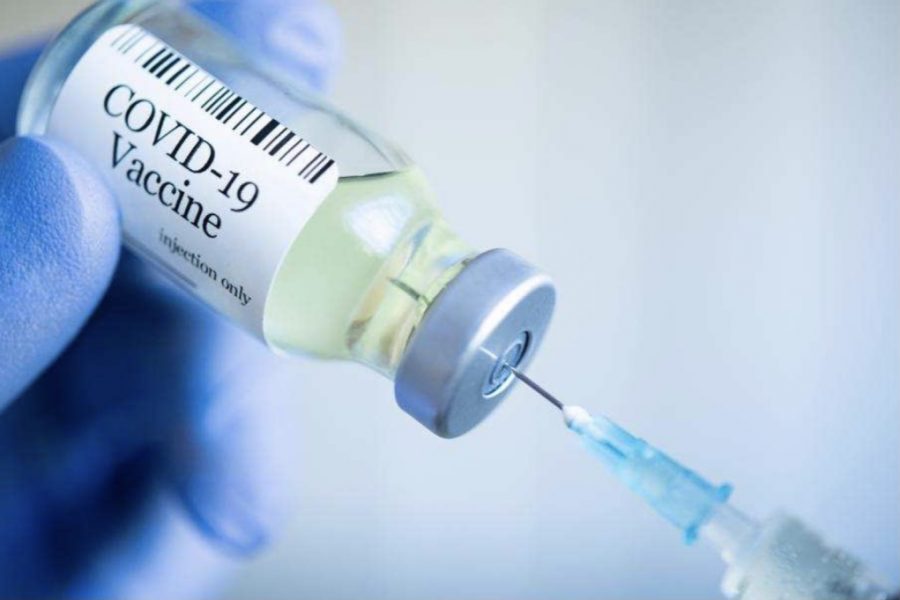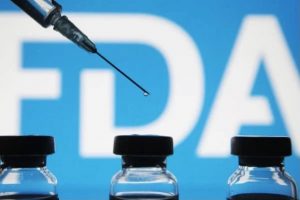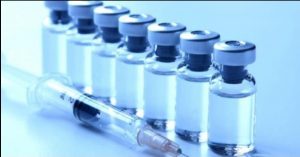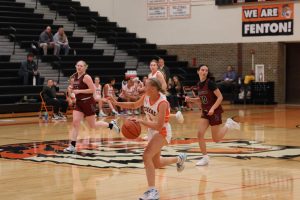COVID-19 vaccine doesn’t work entirely for all variants
PHOTO https://bm.ge/en/
September 22, 2021
COVID-19 has shown great progression over the past two years and along with that, other variants have appeared. The Delta variant is one of these variants which can be severe, and in some cases individuals will need to be hospitalized.
As stated in Newsmax, experts believe that this variant will become problematic in the states that have low vaccination rates such as Alabama, Arkansas, Louisiana, Mississippi and Wyoming. The severity of the variant has resulted in the need for scientists to find the most effective vaccine.
The COVID-19 vaccines are said to offer a level of protection in preventing the virus. Unfortunately, breakthrough cases are still reported. Several cases have been reported in which individuals have contracted the Delta variant after getting the vaccine. While the vaccine did not prevent these cases, it is reported to have lessened the severity of the symptoms.
Despite the fact that the vaccine is believed to lessen symptoms for individuals that contract breakthrough cases, French Virologist and 2008 Nobel Prize Winner Luc Montagnier, as reported by The New American, warns ,“It is the vaccination that is creating the variants. Vaccines don’t stop the virus; they feed the virus. These new virus variants will be resistant to vaccination and may cause more health implications than their ‘original’ versions.” Montagnier explains that the viruses grow by the Antibody Dependent Enhancement (ADE). ADE is a system that can increase the ability of a virus to enter the cells and can cause more severity to the disease.
Although the ADE can increase the chance of getting the virus, Medical News Today believes there are certain vaccines that can protect against the variant. According to a recent analysis by the Public Health Emergency, the Pfizer vaccine was 94 percent effective after the first dose and 96 percent effective after the second dose compared to the Oxford- AstraZeneca vaccine, which was 71 percent effective after the first dose and 92 percent effective after the second dose. The percentages are below 100 percent, which means there is still a slight chance individuals can get the virus.
“Most of our tests are monthly; we can’t really say very much at all about how long people are infectious for and particularly whether that’s different with Delta. Anyone who thinks that if they get infected having been vaccinated, they can’t transmit— that isn’t likely to be true,” University of Oxford Medical Statistician Sarah Walker said.
Since the encounter of the variant, the vaccine’s ability to prevent infection ranged from 39 percent to 84 percent as stated by Yahoo News. While more time and research is needed to fully understand both the virus and the vaccine, current data shows that the vaccine can protect against those who have a more severe disease, but the vaccine will need booster shots to protect those who have a milder disease.











